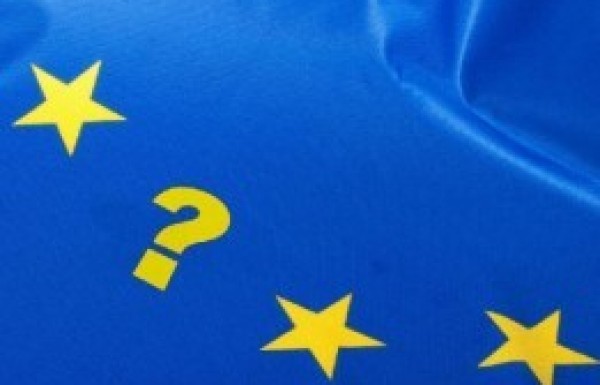
Even before the actual results were tallied, the 2014 elections to the European Parliament were regarded as unique by analysts on account of the anticipated Europe-wide rise in the strength of euro-sceptic and populist parties. The final results bore out analysts’ expectations. During the term EP’s 2009-2014 term, there were “only” 140 euro-sceptic MEPs in Strasbourg. And only 33 of those were decidedly anti-Union. In a manifestation of the most recent surge in euro-scepticism, the newly constituted Parliament in 2014 has 207 MEPs delegated by euro-sceptic parties, 71 of whom are expressly anti-EU.
Anti-system euro-sceptic parties are now present in 22 of the 28 EU member states. The strongest among these forces are those in the UK, Greece, Poland and Denmark. There are no obvious geographical, economic and party system-related reasons behind the rise of the euro-sceptic parties. Indeed, there are some countries with substantial proportions of euro-sceptic citizenry where parties that are critical of the EU are absent or insignificant. Nonetheless, what is readily apparent is that rising euro-scepticism is not an isolated phenomenon but one that extends to the entire continent.
Euro-sceptics have emerged as the strongest political force in four of the 28 EU member states, and in another six countries they are in second place. This has not only had the effect of further weakening the positions of social democratic parties in many countries, but has now also begun to squeeze the mainstream conservative right. In 2009, parties of the moderate right were the largest political formations in 18 EU member states; today, they retain this position “only” in 14. Mainstream left parties, for their part, did not even make it into the top three in seven countries at the EP elections in 2014.
Policy Solutions' analysis of the impact of the 2014 elections to the European Parliament can be downloaded from here.
Policy Solutions is a progressive political research institute based in Budapest. It was founded in 2008 and it is committed to the values of liberal democracy, solidarity, equal opportunity, sustainability and European integration. The focus of Policy Solutions’ work is on understanding political processes in Hungary and the European Union. Among the pre-eminent areas of our research are the investigation of how the quality of democracy evolves, the analysis of factors driving euroscepticism, populism and the far-right, and election research.
Follow us on Facebook!